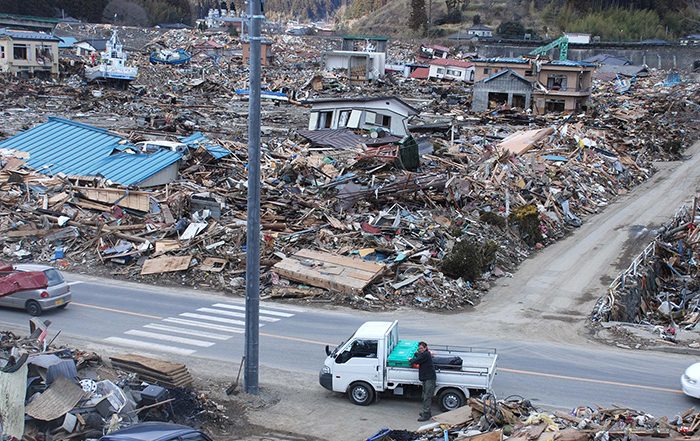
Disasters explained
Everything you need to know about disasters – from extreme weather events to complex conflicts.
Let’s stop saying they are
Seismic events such as earthquakes, tsunamis, volcanic eruptions; and extreme weather like storms, drought, and flooding, occur because of natural processes on Earth. It is how these events affect people, or the environment, that has the potential to make them a disaster. Human factors that influence whether it becomes a disaster include where people live, what types of home they have, political instability, and the lack of proactive measures to protect vulnerable communities.
It’s important to understand why disasters aren’t ‘natural’ and how misleading and damaging the term can be.
The way we talk about disasters affects the way we all perceive the risks that they bring.
Read on to learn more and why getting the term right is crucial and how the language we use matters.
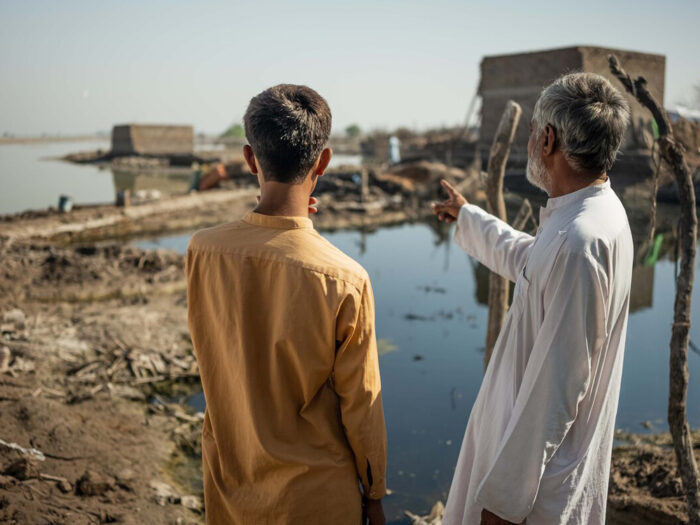
1. It ignores the human factors that contribute to the impact of extreme weather, seismic activity and other events.
A human-driven climate crisis, urbanisation, poor land management and deforestation, impacts the severity of extreme weather like droughts, flooding, storms, and wildfires.
Lack of preparation influences the impact an extreme weather event or seismic activity can have on people and the environment.
Inadequate infrastructure means some places in the world are less able to withstand the power of disasters, or recover from them.

2. It ignores what makes some people more vulnerable to the impact of extreme weather, seismic activity and other events.
Economic, social, and cultural factors like where people live, what type of homes they have, available livelihoods, and how much money they have can leave people more vulnerable to the impact of extreme weather or seismic activity.
Political instability and lack of access to resources, healthcare, education and decision-making processes can mean marginalised and disadvantaged communities are particularly badly affected. It often determines people’s ability to recover too.

3. How disasters affect people is not beyond our control.
By framing the impact of these events as ‘natural’, we downplay the need for proactive measures to protect vulnerable communities.
When we overlook how it’s possible to change the impact disasters can have on people it can lead to a sense of helplessness and resignation among affected communities and the rest of the world. That can make the impact even worse.
Extreme weather or an earthquake with little impact on the environment or people would not be considered a disaster. The same event in a densely populated city with poorly constructed buildings where many people are living below the poverty line could be catastrophic.
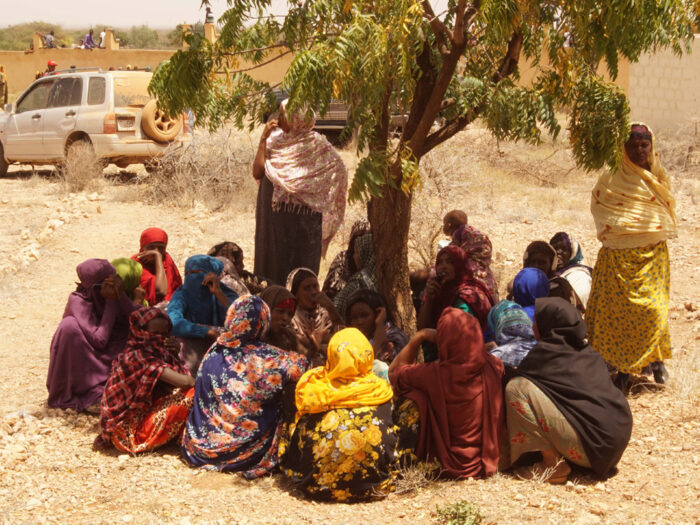
4. It leads to focus on immediate impcts while overlooking the long-term needs of affected communities.
When we overlook the true reasons why people are affected so badly by disasters, it means less focus on the long-term changes that are needed.
It can lead to a lack of investment in the infrastructure, resources, and systems needed to help communities with recovery and rebuilding.
It can also mean a lack of preparation for, building resilience against, and protecting people from, future disasters.
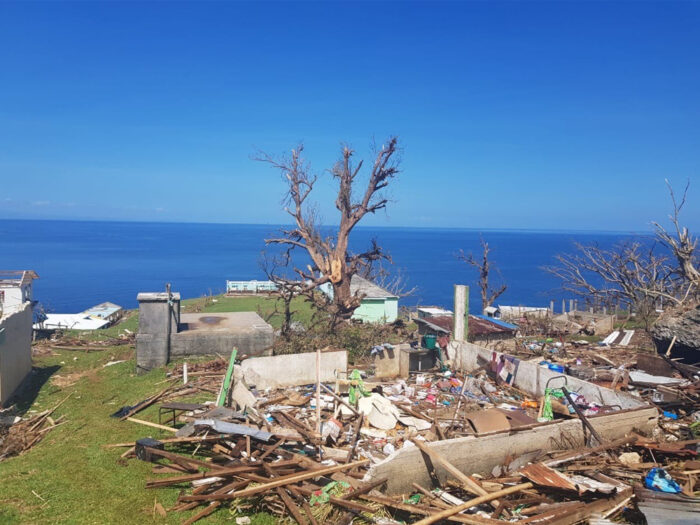
5. It leads to a lack of accountability for the role of human actions in exacerbating the impact of disasters.
This means that global and national discussions and actions urgently needed to address the underlying causes of vulnerability to disasters, may not take place .
It can also lead to a lack of action to promote more proactive measures to mitigate the impact of disasters.
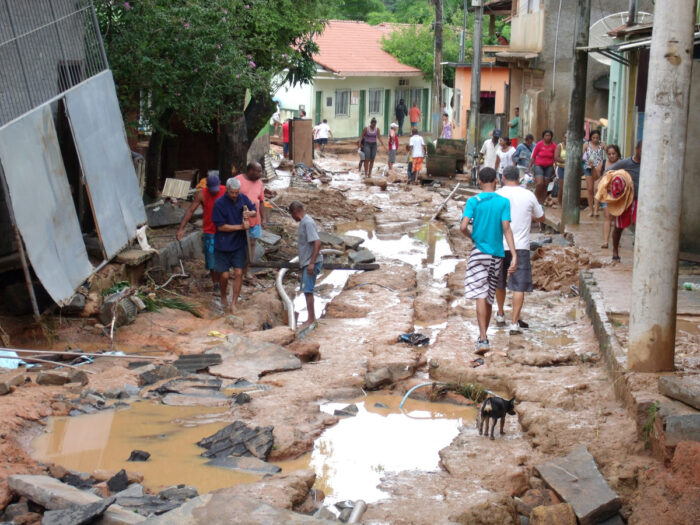

Using the word ‘natural’ ignores the role that humans have in the disaster. What should we say instead?
The language we use matters. Instead of using ‘natural’ we simply say ‘disaster’ or are more specific, describing the type of extreme weather event (tropical storm, flooding, drought), earthquake, tsunami, or volcanic eruption.
If we describe disasters as ‘natural’ it assumes there is little that could be done to prevent people being affected so badly.
Shifting the blame for the disaster damage and losses to nature or to an ‘act of God’ absolves human responsibility for communities living in vulnerable conditions and locations.
The word takes away the social, political, environmental, and economic context from disaster stories, failing to recognise the social injustices that are present.
Learn how disasters are not natural, and how the language we use is important, in our explainer document below
Download the PDFWe provide emergency shelter and essential items like water filters, mosquito nets, and solar light, to people who have lost their home to disaster, enabling them to rebuild their lives.
Supporting communities who have lost their homes to extreme weather events has been a significant part of our work for the last 25 years.
As the climate crisis continues to destroy homes and livelihoods, we are working to reach some of the world’s most vulnerable people. People who are bearing the brunt of the increase in extreme weather and the ravages of conflict.
Find out moreWant to learn more about why disasters are not natural? Sign up to our newsletter today